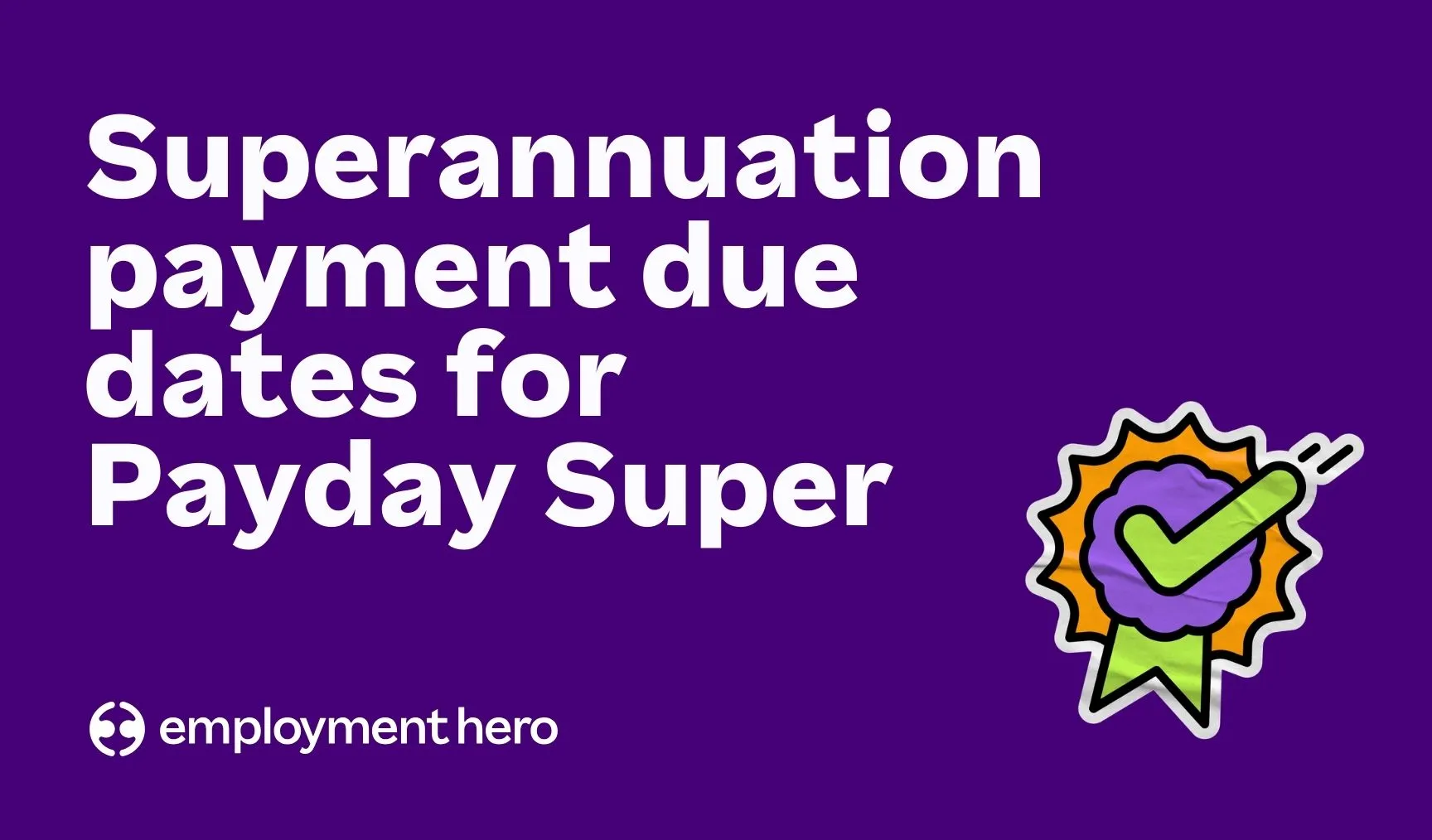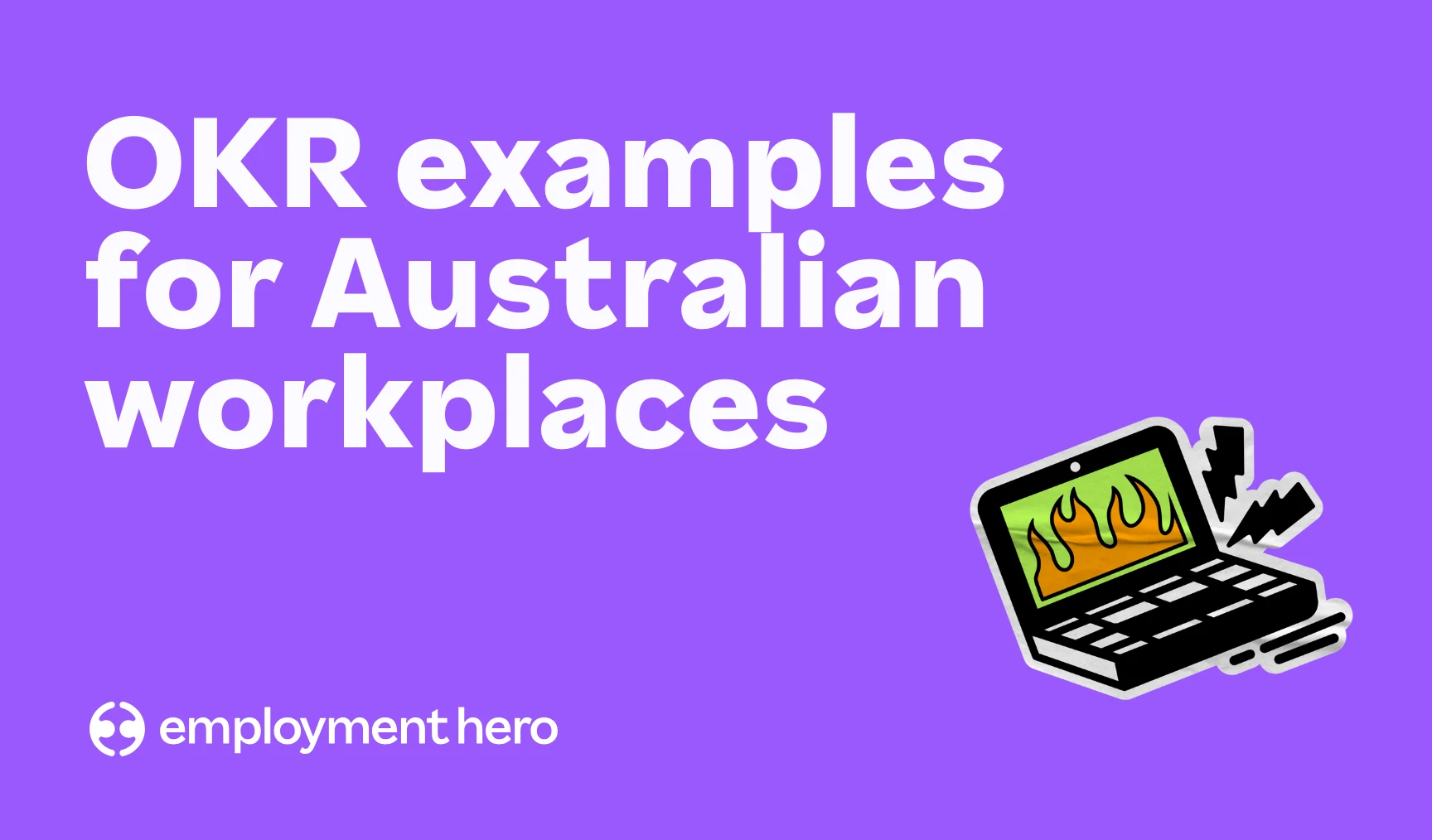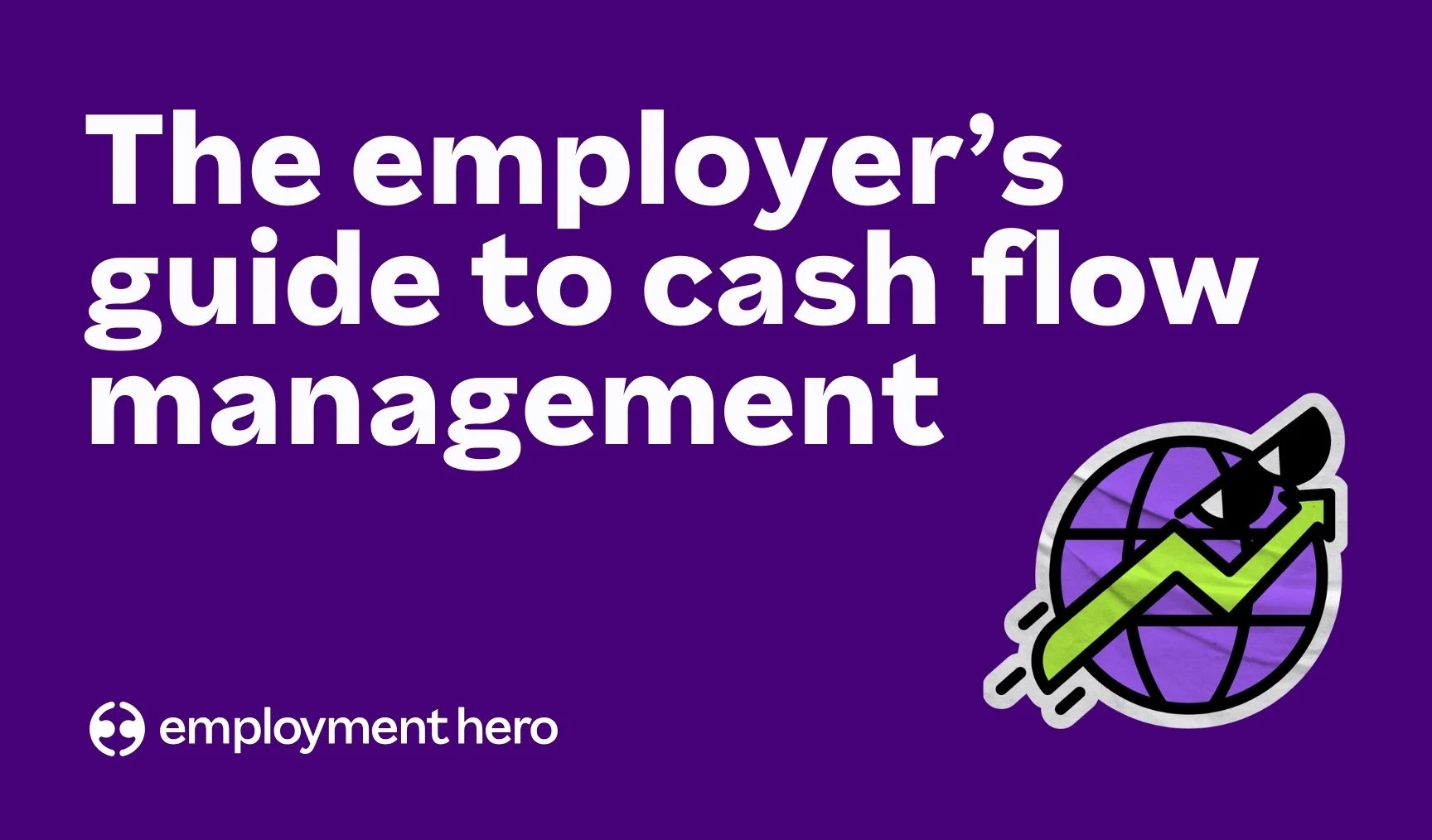Employment law updates – May 2023
In this monthly blog, we share some of the latest updates and insights from our in-house employment law specialist, Sanam Ahmadzadeh Salmani.

Welcome to our monthly blog, where we provide you with some of the latest updates and insights from our in-house employment law specialist, Sanam Ahmadzadeh Salmani.
Australia
As of now, employees must be given the opportunity to agree or refuse the request to work on a public holiday. If an employee refuses to work on a public holiday, they must have reasonable grounds to do so. It should be noted that employers can no longer rely on reasonable business grounds to make it mandatory for employees to work on public holidays. It is important for employers to review their policies and employment contracts to ensure they are compliant. Learn more.
Effective from 1 May 2023, new rules have been introduced for taking time off during a shutdown for 78 awards. Employers can ask employees to use their paid annual leave, but they must give a heads up at least 28 days’ in advance. The notice period can be shortened if most employees reach agreement with their employer.
If a staff member does not have enough annual leave accrued to cover the whole period, an employer can work with a staff member to find a fair and reasonable solution together, such as annual leave in advance or taking leave without pay. Learn more.
There are two major changes coming up as part of the Fair Work Legislation Amendment (Secure Jobs, Better Pay) Act 2022:
- As of 6 June 2023, there are changes to flexible working arrangements that expand the circumstances in which employees can make a request, including situations where they or their immediate family experience family and domestic violence. You will be required to respond to requests within 21 days by either approving the request, discussing and agreeing to changes with the employee, or providing reasonable business grounds for refusing the request. Additionally, employees can challenge the outcome through the Fair Work Commission. Similar requirements apply to requests for the extension of parental leave for up to an additional 12 months.
- As of 7 June 2023, pay secrecy clauses cannot be included in employment contracts at all. The initial changes to pay secrecy came into effect on 7 December 2022 and employers have been provided with time to ensure they are compliant. Essentially, these changes mean that employees have the right to choose whether or not to disclose their remuneration and any terms and conditions of their employment that determine pay outcomes. This new “workplace right” also means that pay secrecy clauses in existing employment contracts will have no effect and that pay secrecy clauses in new contracts are prohibited. It is important for employers to take this time to review their employment contracts and ensure they are compliant.
Stay tuned for more updates and insights from our in-house employment law specialist next month.
Disclaimer: The information in this article is current as at 10 May 2023, and has been prepared by Employment Hero Pty Ltd (ABN 11 160 047 709) and its related bodies corporate (Employment Hero). The views expressed in this article are general information only, are provided in good faith to assist employers and their employees, and should not be relied on as professional advice. The Information is based on data supplied by third parties. While such data is believed to be accurate, it has not been independently verified and no warranties are given that it is complete, accurate, up to date or fit for the purpose for which it is required. Employment Hero does not accept responsibility for any inaccuracy in such data and is not liable for any loss or damages arising directly or indirectly as a result of reliance on, use of or inability to use any information provided in this article. You should undertake your own research and seek professional advice before making any decisions or relying on the information in this article.
Related Resources
-
 Read more: Superannuation payment due dates for Payday Super
Read more: Superannuation payment due dates for Payday SuperSuperannuation payment due dates for Payday Super
Payday Super is changing the rules on when to pay superannuation. Learn about the 7-business-day deadline and QE Day. Read…
-
 Read more: OKR examples for Australian workplaces
Read more: OKR examples for Australian workplacesOKR examples for Australian workplaces
Discover practical OKR examples for Australian businesses. Learn how to set effective objectives and key results to boost alignment and…
-
 Read more: Cash flow management: The guide to financial health for Australian businesses
Read more: Cash flow management: The guide to financial health for Australian businessesCash flow management: The guide to financial health for Australian businesses
Discover effective cash flow management strategies for employers. Learn how to forecast cash flows, manage inflows and outflows, and ensure…

























